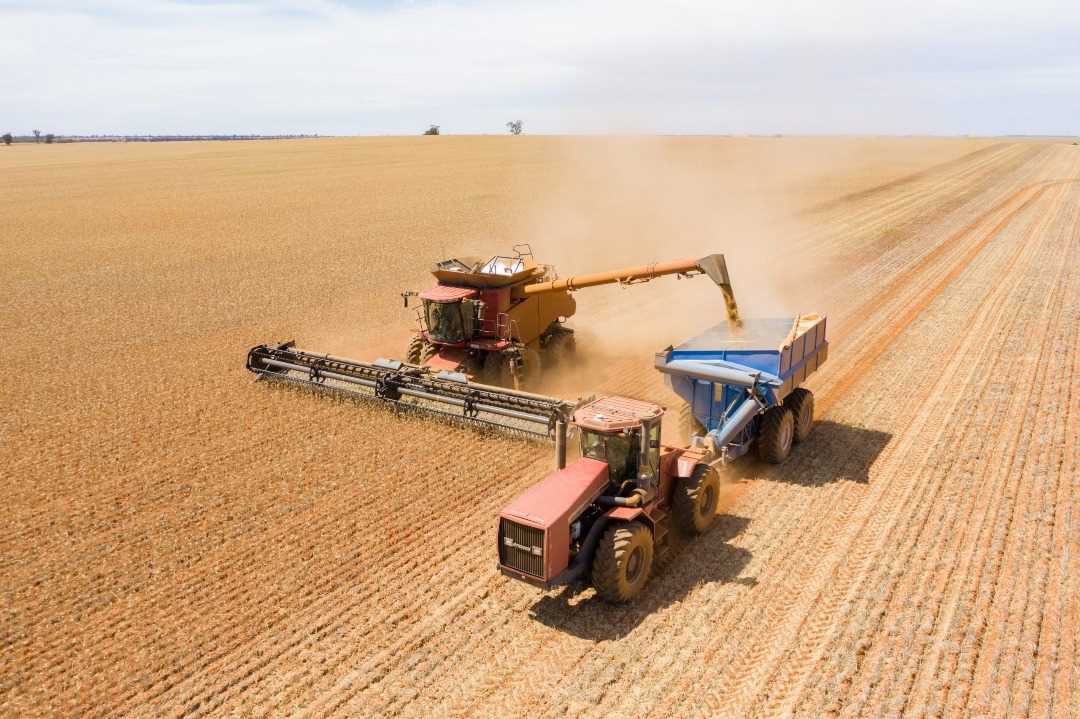
Oscar J Jeke
Zimbabwe is set to achieve a record-breaking wheat harvest in 2024, marking a significant rebound from last year’s disappointing yield. By November 1, 2024, a total of 106,238 hectares had been harvested, producing 518,502 metric tonnes of wheat. This figure exceeds last year’s harvest of 465,546 metric tonnes, setting a new national benchmark for wheat production.
As the harvest continues, the government expects the total wheat output for 2024 to surpass 550,000 metric tonnes by season’s end. So far, over 75,000 metric tonnes of wheat have been delivered to the Grain Marketing Board, providing an early boost to the country’s national reserves.
This year’s success is attributed to comprehensive planning and resource mobilisation led by the government and various stakeholders, taking into account lessons learned from climate change that impacted the previous season.
Related Stories
According to the Minister of Information, Publicity and Broadcasting Services, Jenfan Muswere, the record-breaking yields are a result of meticulous groundwork and strategic foresight. These efforts highlight Zimbabwe’s commitment to achieving self-sufficiency in wheat and other staple crops.
“The impressive performance of the winter wheat program demonstrates the foresight, planning, and organizational efficiency that have driven these results. Harvesting is underway, with over 291 configured combine harvesters in operation, and more than 550,000 metric tonnes of wheat are expected to be harvested,” he noted.
Following the success of the winter wheat program, the government has set ambitious goals for the 2024/2025 summer farming season. Encouraged by the achievements of the wheat program, the government aims to produce 3,274,200 metric tonnes of cereals, a substantial increase from last season’s 915,000 metric tonnes. This target includes significant production gains, with cereal production alone projected at 3.3 million metric tonnes and pulses at 819,500 metric tonnes.
To achieve these targets, various initiatives have been put in place, such as the Presidential Input Schemes, which aim to ensure broad farmer participation. To date, 91 percent of the targeted 9.5 million plots have been prepared by 86 percent of the households involved. The government also plans to deliver 50 percent of the required inputs to beneficiaries by November 24.
Minister Muswere also highlighted that the government has implemented a series of measures to prevent the abuse of government-provided inputs. These measures include blacklisting officials involved in misappropriation, banning ward committees implicated in malpractice, and enforcing updated Standard Operating Procedures with clearly defined roles and responsibilities for all stakeholders.


















Leave Comments